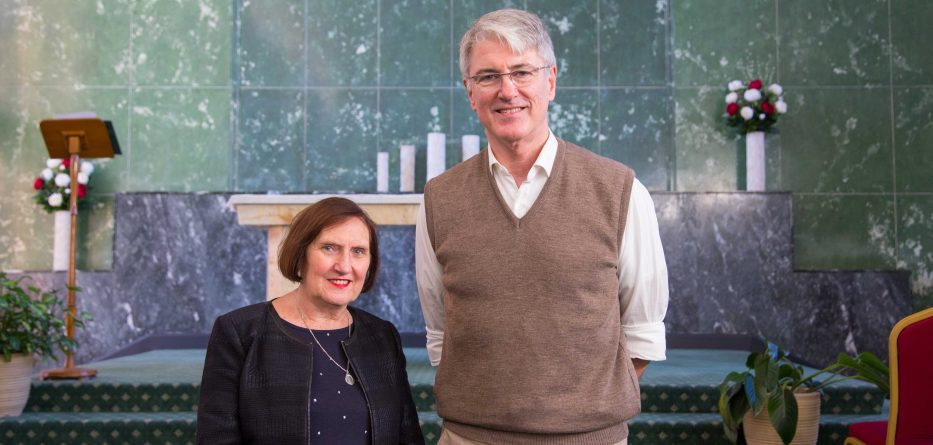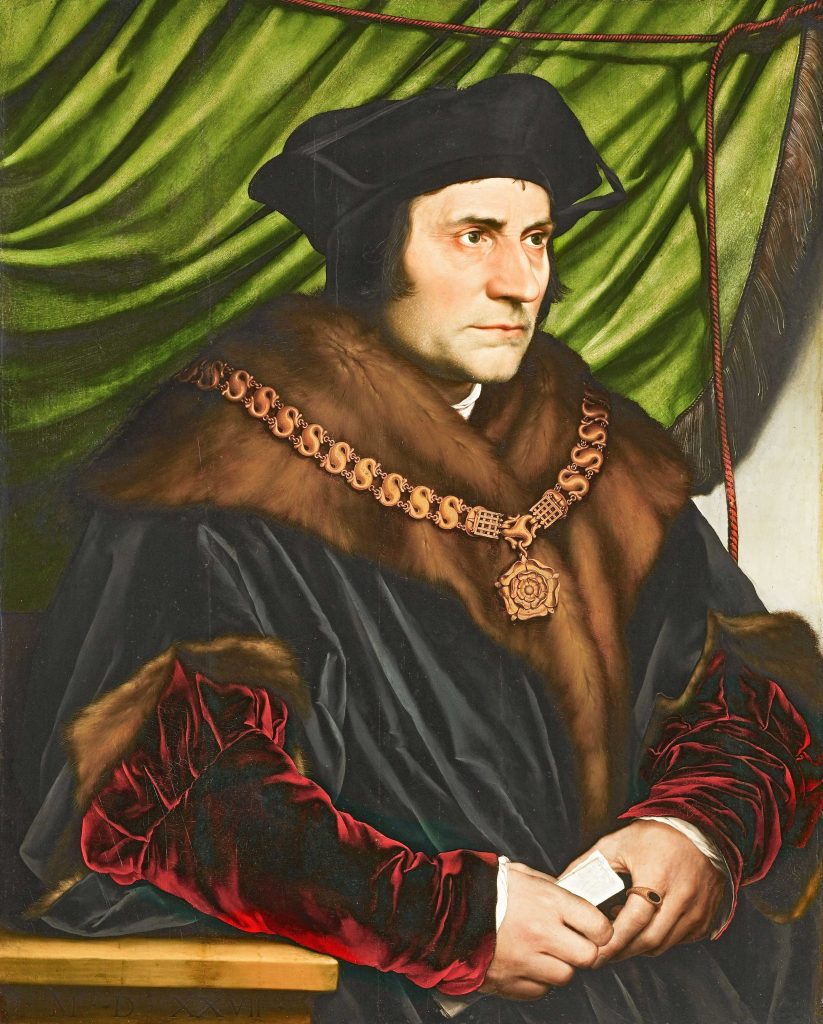Canon law professionals from Fiji, Papua New Guinea, Samoa, Kiribati, Guam, Australia and New Zealand participated in a special institute, for those who work in the Church’s tribunal ministry, at St Joseph’s Convent, Baulkham Hills from 15 May to 26 May 2017.
The Institute of Tribunal Practice is a total of four weeks training held over two years, in two-week live-in sessions.
The Institute is under the auspices of the Canon Law Society of Australia and New Zealand and is affiliated with the Catholic Institute of Sydney.
This was the first group to commence training with the Institute after the release of Pope Francis’ document Lord Jesus the Gentle Judge at the Year of Mercy’s December 2015 commencement. These changes formed part of the curriculum.
Paula Kerr, Director of the Parramatta office of the Regional Tribunal of Sydney, was one of the lecturers on current practices in marriage practice. Paula said there is a need for more people trained in marriage tribunal practice.
Related coverage: Pope Francis streamlines annulment procedures
Related coverage: Tribunal of the Catholic Church in the Diocese of Parramatta
Related coverage: Canon Law Society of Australia and New Zealand
Pam Wood from the Tribunal of the Catholic Church in Auckland attended the training and emphasised the importance of human contact for the sometimes-apprehensive applicants.
“It’s important to have personal contact with people,” Pam said.
The annulment process can be healing for individuals and the process is not based on conflict between spouses.
“We’re not judgemental on people,” Fr Richard Waddell, Vicar General of the Ordinariate of Our Lady of the Southern Cross, said.
Fr Waddell said that a secondary benefit of the annulments process is the personal outlet it provides for people in marriage breakdown.
“It’s important to have personal contact with people,” Pam said.
The annulment process can be healing for individuals and the process is not based on conflict between spouses.
Fr Ken Cafe OFM, from Thirroul in the Diocese of Wollongong, is Director of the Institute of Tribunal Practice. He made the point that receiving an annulment can be a joyful experience.
“I think of a particular case in Fiji where a person had not been able to approach the sacraments for 20 years and was in tears,” Fr Ken said.
Paula also shared her experience administering marriage tribunal services in the island of Taveuni, Fiji. The island does not have a diocese, let alone a tribunal or local tribunal office.
The Diocese of Parramatta has been assisting tribunal ministry in Fiji since 2006 when Emeritus Bishop Kevin Manning made the request for this worthwhile missionary work.
Local people travelled for days when a team of canon lawyers visited to begin the annulment process. Applicants often brought their whole family as witnesses and waited all day for an appointment.
Some people arrived piled into the back of trucks, which travelled along dirt roads from their villages to the Holy Cross Presbytery in Wairiki. Others slept on the floor of overnight boat rides from smaller villages.
“Their patience and their need for God is amazing,” Paula said.
Pope Francis issued the document Lord Jesus the Gentle Judge that has the effect of shortening the time taken for many annulment cases to be completed.
Related coverage: Pope Francis streamlines annulment procedures
Related coverage: Tribunal of the Catholic Church in the Diocese of Parramatta
Related coverage: Canon Law Society of Australia and New Zealand
Fr Waddell also noted that the current practice allows two of the three judges in an annulment decision to be laymen or laywomen.
Dr Rodger Austin, a Church Law Consultant and an Advocate for the Regional Tribunal of Sydney, was one of the lay lecturers at the Institute.
“While the focus of the Institute is the Church’s process for the nullity of marriage, canon law has relevance to all aspects of the life and mission of the Church, in particular in all matters relating to the governance of the Church,” he said.
For example, the interview took place on Ascension Thursday 2017, which is one of the ten Holy Days of Obligation for the Catholic Church. In accord with the Code of Canon Law, the Bishops Conference of Australia transferred the celebration of the Feast of the Ascension from the Thursday to the following Sunday.
Fr Richard Waddell, of the Ordinariate of Our Lady of the Southern Cross, celebrated a Sung Mass on the traditional Ascension Thursday with all members of the Institute, following the practice of the Ordinariate.
Music and singing were under the direction of Stephen Smith, Director of Music at St Thomas à Beckett Church, Lewisham, where the Ordinariate has a Mass every Sunday at noon.
“The beauty of the Ordinariate Mass is a gift to the whole Church, all are welcome at this special liturgy,” Fr Waddell said.
This special form of the Mass preserves ancient actions and gestures in worship, including typically English words and diction from the Book of Common Prayer.
It is fascinating that a liturgy influenced by the Book of Common Prayer should be celebrated at a Catholic canon law seminar. Thomas Cranmer wrote the Book of Common Prayer, assisted in King Henry VIII’s annulment application, and was the first Anglican Archbishop of Canterbury.









